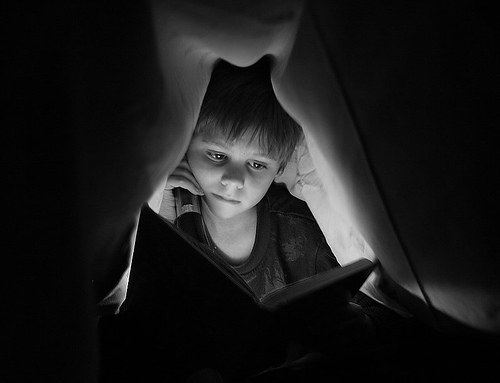Last night, dinner conversation turned to the recent terrorist attacks in Paris.
We had seven people at the table with four under 14 and three between 40-60. Perspectives varied based on snippets from the news, political views, emotional reactions, and forming views based on respected opinions.

Photo Credit: Zed The Dragon via Compfight cc
I could not help but think about other difficult conversations. Especially those between me and my son about the divorce. It reminded me how important our job as dads is in helping our kids formulate opinions, inform their perspectives, and take on an attitude of learning.
Here are a few helpful guidelines:
- Only answer questions they ask. My son’s therapist, when asked about good tactics to discuss the birds and the bees, instructed me to answer questions honestly and to only answer the questions asked. In other words, if asked if babies grow in mommy’s stomach, just answer the specific question and do not begin to tell them how the baby got there. Keep an open, honest dialogue going with your kids so they will be willing to ask you questions as they come up. Do not overwhelm them with details and information they likely cannot process anyway. You may find yourself taking conversations a step further, but rely on common sense and age-appropriateness.
- Allow them to own their emotions. If your kids express fear of a terrorist attack or sorrow about the loss of a parent through divorce or death or deployment, affirm their feelings. Find ways to help them process those by telling about a time where you felt the same thing. If they feel heard with respect to their emotional reaction, they will probably be more open to the rational/logical follow up you may want to share with them. I remember the fear I felt in the 80s during the height of the Cold War – as unlikely as nuclear war may have been, I went to bed many nights afraid of Russia attacking the US. I can now tell my son about the value of recognizing fear but not allowing it to paralyze me.
- Encourage learning. This may not work quite as well with respect to the three D’s (divorce, death, and deployment), but when it comes to world events or “monsters in the closet”, find ways to help your kids learn more and help them inform their reactions and feelings. I remember being very scared of monsters as a young boy. I checked out a book from the library at my elementary school about monster movies which demystified them. I saw the transformations of the actors by makeup artists and while I still had some fear, I knew Bela Lugosi and Lon Cheney, Jr. were the ones scaring me…not the real thing.
As our kids get older, the conversations get more interesting, engaging, and often more complex. Consider what voice you want to have with your kids and how you will ensure to be part of their conversations.
What difficult conversation have you had with your kids? What lessons did you learn from it?






